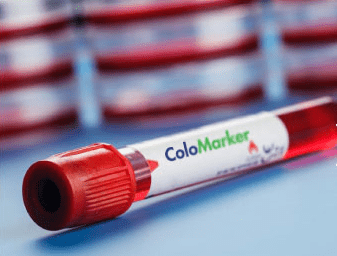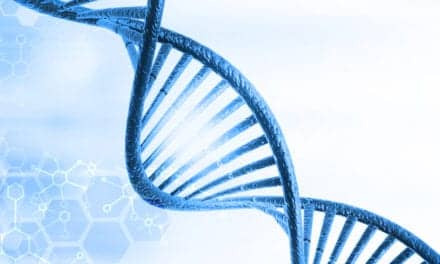Summary: Researchers have identified a potential epigenetic biomarker for preeclampsia, offering hope for earlier diagnosis and intervention.
Takeaways:
- Breakthrough Biomarker Discovery: The study identified 389 unique epigenetic modifications linked to preeclampsia, which could enable earlier detection and targeted clinical interventions.
- Simple Testing Potential: A cheek swab test based on these findings could identify preeclampsia risks in the first or early second trimester, well before symptoms like high blood pressure appear.
- Addressing Long-Term Health Risks: Earlier diagnosis could delay preterm births, mitigating severe health issues often linked to preeclampsia and preterm delivery.
Analysis of cheek swabs taken from pregnant women revealed a potential epigenetic biomarker for preeclampsia, a potentially life-threatening condition that often leads to preterm births.
Improving Preeclampsia Diagnosis
While a clinical trial is needed to confirm the results, a study published in the journal Environmental Epigenetics offers hope that a simple test can be developed to identify preeclampsia earlier in pregnancy. Currently, preeclampsia is usually identified by symptoms, such as abnormally high blood pressure, which only appear in the second trimester of pregnancy. Sometimes the condition can go undetected until it becomes an emergency.
“If we have a biomarker for the susceptibility of preeclampsia, then there are some clinical management practices in the first trimester and early second trimester that could delay a preterm birth,” says corresponding author Michael Skinner, a Washington State University biologist.
For this study, co-author Paul Winchester, MD, director of the neonatal intensive care unit at St. Franciscan Hospital in Indianapolis, collected cheek cells taken by swabs from 49 new mothers following delivery of their babies. In that sample, 13 of the women had preeclampsia and had a preterm birth. The rest of the mothers did not have preeclampsia though 23 still experienced a preterm birth and a control group of 13 had full-term deliveries.
Skinner’s team analyzed their cells for modifications to their epigenetics, which are molecular factors and processes that are independent of DNA sequence but determine how genes behave.
Preeclampsia Study Details
The researchers found that the mothers with preeclampsia had 389 epigenetic modifications to areas known as DNA methylation regions. These modifications were not found in mothers without the condition. Also, this set of modifications had only a 15% overlap with epigenetics of the other mothers who experienced preterm birth but did not have the condition, indicating that these are epigenetic modifications specifically related to preeclampsia.
Babies born preterm, defined as less than 37 weeks of gestation, often have long-term health issues well into adulthood, including intellectual and developmental disabilities. Preeclampsia is estimated to cause only about 8%-10% of preterm births, but these are often some of the earliest term births with more severe health issues.
Earlier, Skinner’s team had found a potential biomarker for the risk of preterm birth. The researchers are now hoping to undertake a clinical trial that would confirm the results of that research as well as this study – and ultimately lead to a cheek swab test to detect these risks earlier to allow preventative medicine treatments.
Further Reading
“Preterm birth, which is now more than 10% of all pregnancies, is causing to a large degree, the later-life health issues of every one of those preterm individuals,” says Skinner. “This is not only an issue for the individuals involved, but potentially a general health issue, and these types of steps forward could really have a big impact in reducing the disease burden on our population.”





